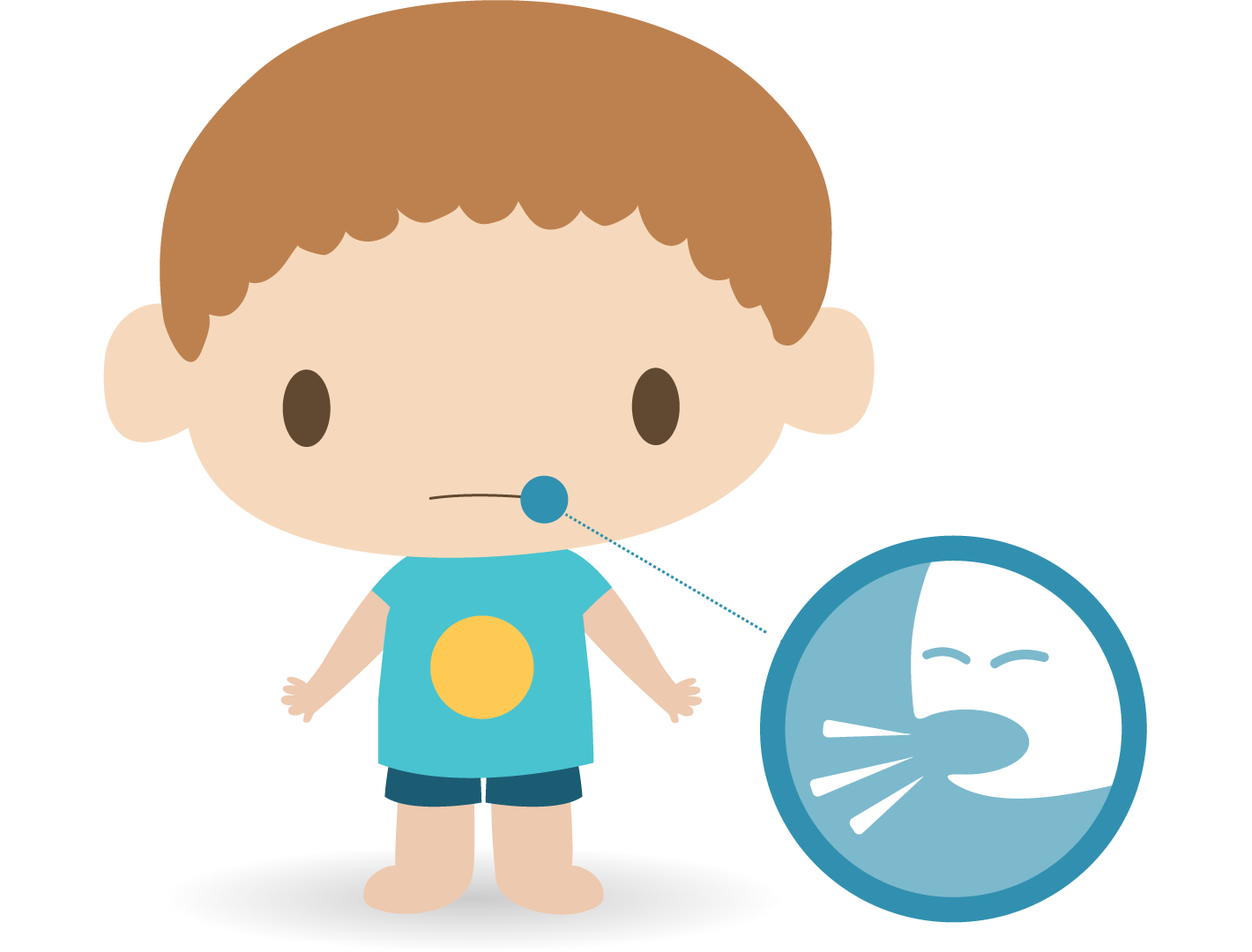
Print / Download Handout: English | French | Arabic | Punjabi
Croup is a common viral illness in children. The virus causes swelling of the throat, including the larynx (around the vocal cords) and the trachea (windpipe, or air passage from the throat to the lungs).
The swelling in the throat can change your child’s voice and cause a harsh, “barky” cough. Children with croup can get stridor – a high-pitched breathing sound made when they take a breath in, which can lead to difficulty breathing.
Croup affects younger children because their airways are smaller. Children between the ages of three months and five years old are most likely to get sick, but older children may have symptoms too. The same virus that causes croup in a young child can give cold symptoms to other family members.
Most children will have a mild runny nose or a low-grade fever. Within 12 to 48 hours, the symptoms can progress to include:
In mild cases of croup, stridor is normally heard when your child is crying or upset. In more severe cases of croup, your child will have stridor even when they are calm or asleep. Stridor and cough are usually worst at night.
Children are unwell for about one week. Croup symptoms are worst during the first 1-2 days that your child is sick. Your child may have other symptoms because of the virus making them sick, including: runny nose, red eyes, or rash.
Most children with croup have mild symptoms and can be successfully treated at home. Here are some things you can try to make your child feel better:

 It can be scary when your child is sick. But in most cases, you don’t need to go to the emergency
department. If you’re unsure, we’re
here to help.
It can be scary when your child is sick. But in most cases, you don’t need to go to the emergency
department. If you’re unsure, we’re
here to help.
The content provided on these pages is not intended to replace medical advice. If you have concerns about the health of your child, contact your health care provider directly. If your child has an emergency, go to the nearest emergency department or call 911. Alberta Health Services and Project HEAL strive to ensure that all material is correct but will not be held liable for errors or incomplete information contained in these pages.